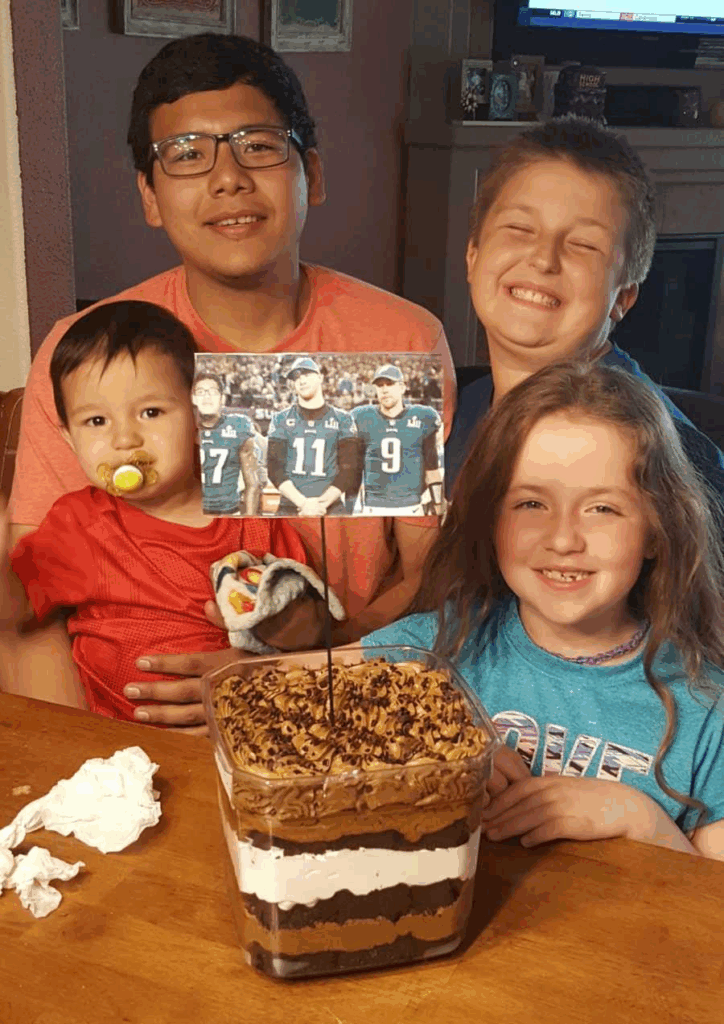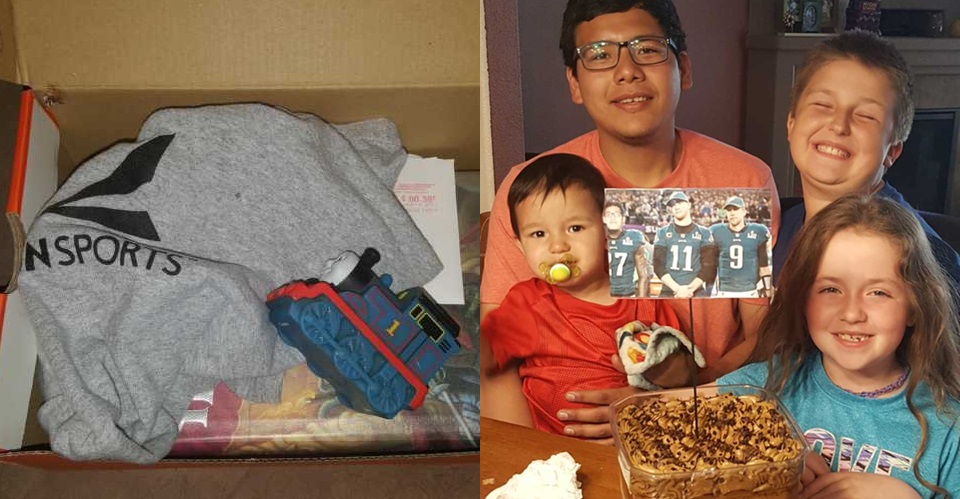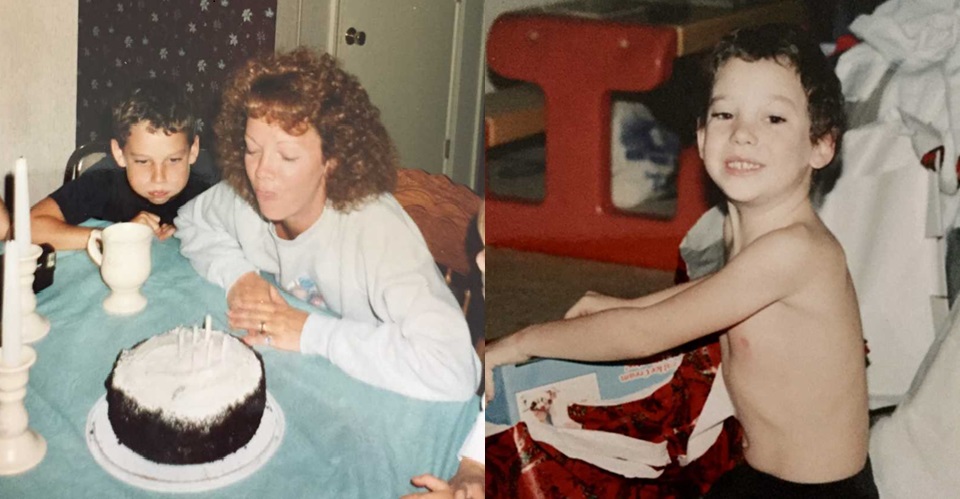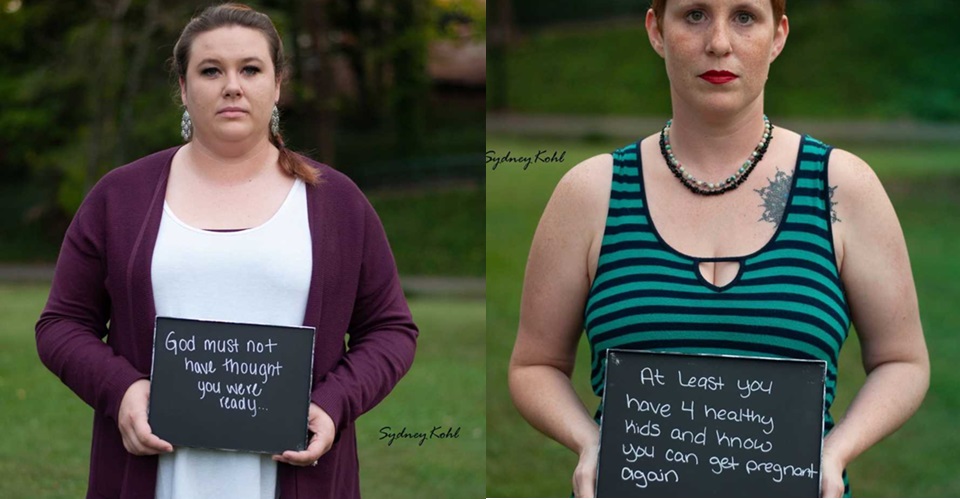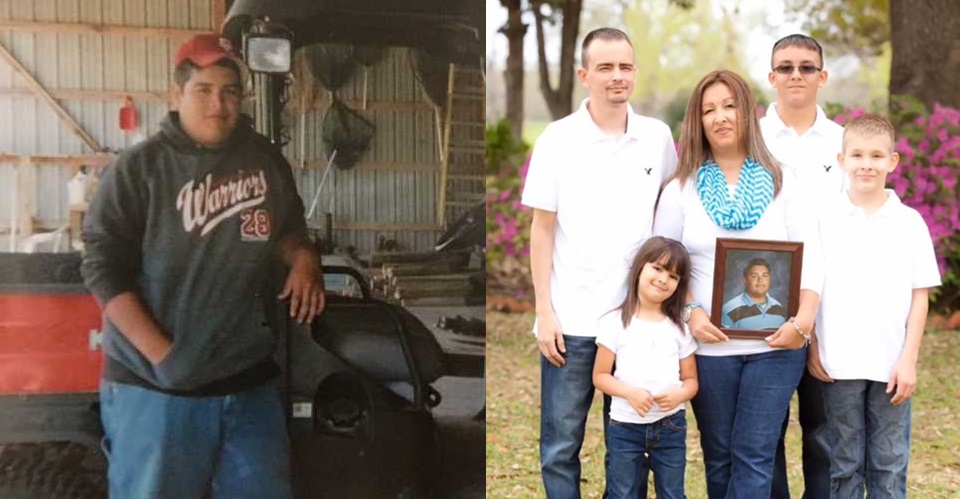The note was simple, written in the messy handwriting of a twelve-year-old boy. “Dear Katie and Justin, you have no idea how good it feels to be part of a family that does fun things together and cares about each other. Thank you for letting me be here.” Katie found it on the kitchen counter one morning, left behind by the foster son who had joined their family for a season. The night before, they had all piled into the car, six of them in total, and gone out for dinner, then to a movie, and finally driven around the neighborhood pointing out Christmas lights.
Nothing extraordinary, just ordinary life, but the kind that feels magical when you’ve gone without it. For Katie, that evening was already stored away in her heart as a good one, a full one. But to wake up and find the note, proof that this boy had felt it too, was something she carried with her for years.

She tucked it in her purse and kept it there for hard days, pulling it out when she needed reminding. Eventually, it found a place in a box, along with small mementos left behind by other foster children who had come through their home. A Harry Potter paperback with a torn cover, a snapped necklace, a tiny Thomas the Train figurine, a basketball camp T-shirt, and a CD without its case. One letter came from a youth correctional facility, tear-stained and pleading, begging them not to give up on its author. Each piece had a story that had left its mark on Katie and her family.
Foster care was never neat. It stretched her patience, tested her limits, and broke her heart repeatedly. She had cried over children she could not save from addiction, and she had cried when it was time for them to leave, no matter the circumstances. But she had also laughed, loved, and discovered she could have a depth of care she hadn’t known was possible. Foster care had humbled her and expanded her family in ways she couldn’t measure.

She knew what many people thought. That foster parents had to be perfect, had endless patience, or had it all figured out. She laughed at that idea. Anyone who visited her house between four and four-thirty in the afternoon, when meltdowns were in full swing and dinner wasn’t yet on the table, would see she was far from perfect. Foster care doesn’t require perfection, she often said, just a willingness to show up.
She also knew some people hesitated at the idea of full-time foster care. The responsibility can be heavy. A stranger arrives, often with little more than a backpack, and suddenly you’re meeting all their needs. Katie understood why that scared people. But she also liked to remind them of something called respite care. Respite foster care was temporary, a weekend here or a week there, stepping in when other foster families needed a break. It was still a way to make a difference, to offer love without the long-term commitment, and sometimes that short window of care changed everything for a child.
Katie admitted it wasn’t easy. Some children came with trauma that showed up in their behavior, and her own children witnessed things she sometimes wished they hadn’t. But instead of breaking them, it grew them. At ages five and three, they learned compassion. They knew what it meant to welcome someone into a family, even temporarily. They realized that not every child got to stay with their parents but that every child deserved love while they were here.

There were days Katie thought about taking a break, but then the phone would ring. A child needed a home, even just for one night, and she thought about her kids. If her son or daughter were the ones in need, scared and alone, she would hope someone would open their door. So again and again, she said yes.
No, foster care wasn’t for everyone. However, for Katie, the reward outweighed the challenges. Foster care was about being a champion, showing a child that someone would not give up on them. It was about giving them a little joy in the day and hope for tomorrow. And sometimes it was about waking up to a handwritten note, left on the counter, that said it all. Because at the end of the day, it really was that simple. Children just wanted to feel part of a family, even if only for a while.
